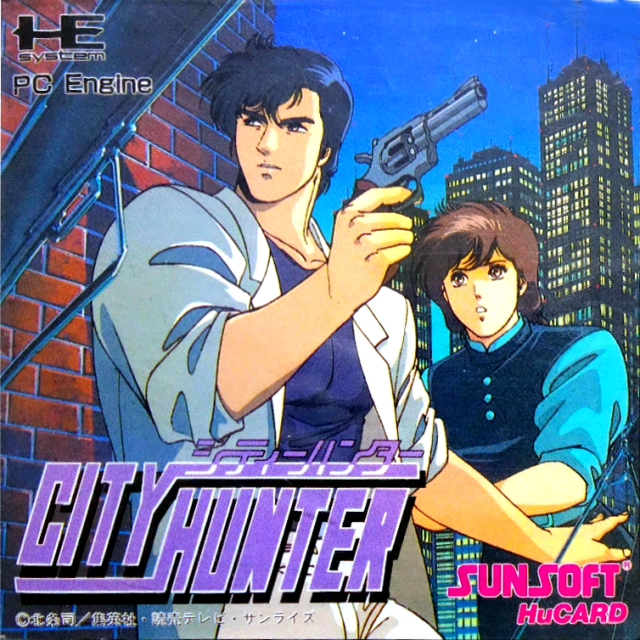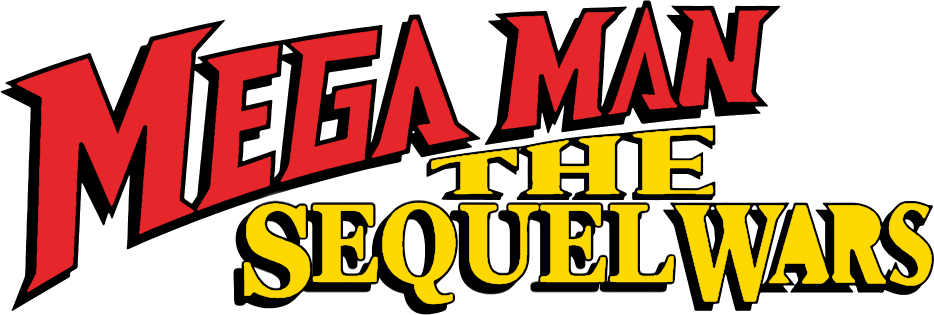- Joined
- Dec 1, 2024
- Messages
- 672
- Level up in
- 328 posts
- Reaction score
- 3,471
- Points
- 2,577
- Location
- The Intergalactic Space Arcade
PC Engine Spotlight #12
Might and Magic
The Wizardry series was extremely popular in Japan, leading to several other Western RPGs being imported, such as this one. While a first-person dungeon crawler similar to Wizardry, it's structured a bit differently, in that you're not just trudging through dungeons, but also exploring towns, forests and other landscapes, which combine to create one big interconnected world.
This version of the game differs in a few ways, such as new encounters & quests, having to play with a pre-made party, a new story with a cinematic intro and two tracks by legendary composer Joe Hisaishi (Studio Ghibli). The graphics have also all been redone from scratch with a decidedly more Japanese style.
The cover was drawn by Yoshikazu Yasuhiko, who is most famous as the character designer for Mobile Suit Gundam, but is also known for the fantasy manga Arion.



There's a fan translation on the repo:

 retrogametalk.com
retrogametalk.com
Might and Magic
The Wizardry series was extremely popular in Japan, leading to several other Western RPGs being imported, such as this one. While a first-person dungeon crawler similar to Wizardry, it's structured a bit differently, in that you're not just trudging through dungeons, but also exploring towns, forests and other landscapes, which combine to create one big interconnected world.
This version of the game differs in a few ways, such as new encounters & quests, having to play with a pre-made party, a new story with a cinematic intro and two tracks by legendary composer Joe Hisaishi (Studio Ghibli). The graphics have also all been redone from scratch with a decidedly more Japanese style.
The cover was drawn by Yoshikazu Yasuhiko, who is most famous as the character designer for Mobile Suit Gundam, but is also known for the fantasy manga Arion.
There's a fan translation on the repo:

Might and Magic (English Patched) TurboGrafx-CD ISO – CDRomance
Might and Magic (English Patched) TurboGrafx-CD ISO Game ID: NAPR-1022. Languages: English Patched, Japanese. For TurboGrafx-CD / PC-Engine CD.





